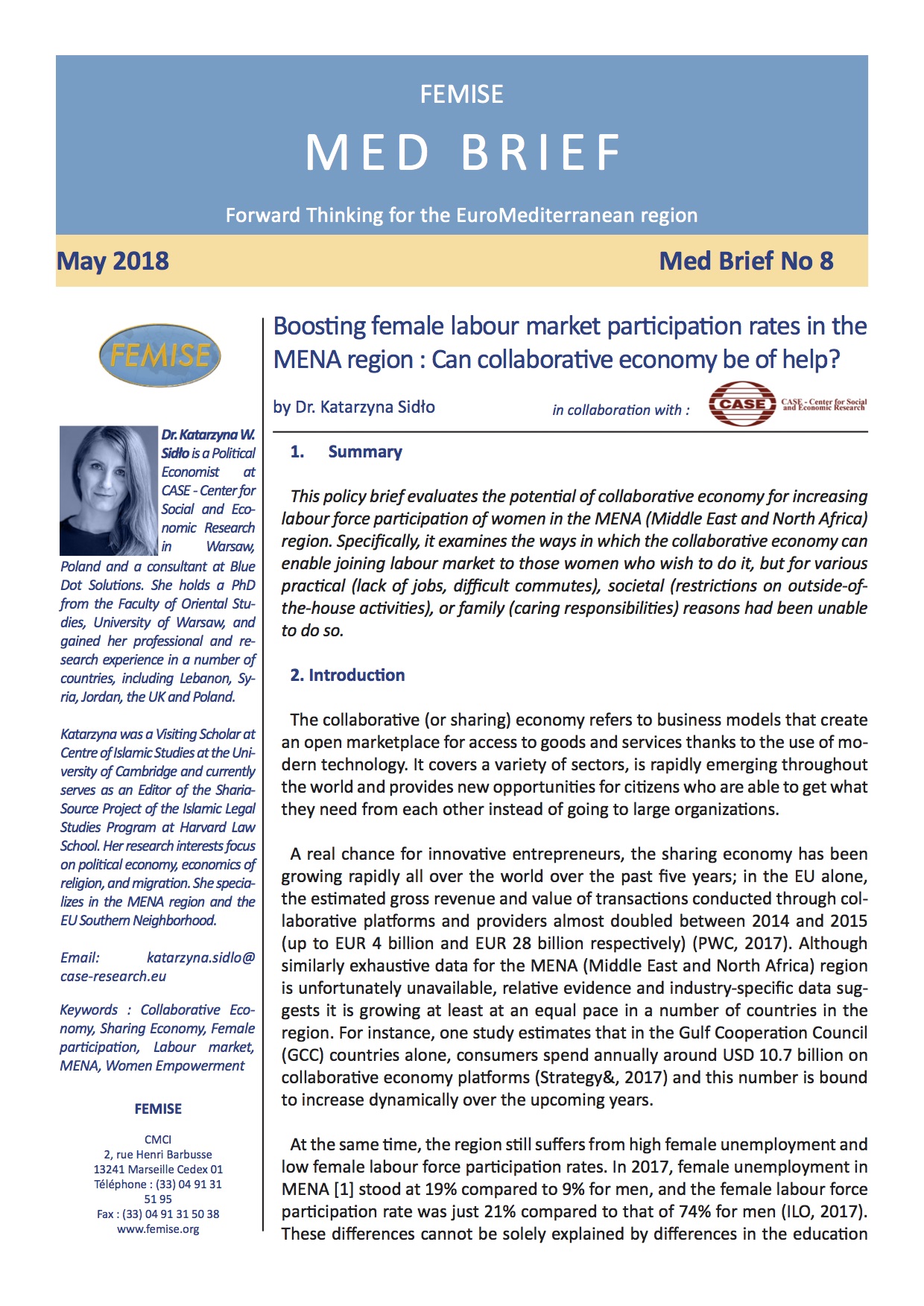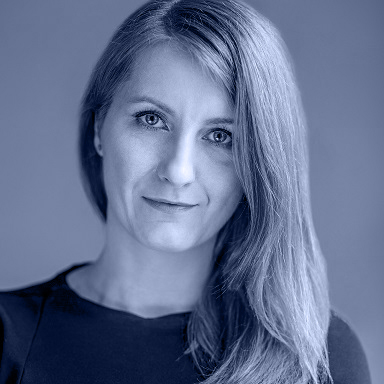30Following the outbreak of the civil war in Syria in 2011, an estimated 1.5 million and 1.3 million Syrian refugees sought a safe haven in Lebanon and Jordan respectively (Reuters, 2017; Ghazal, 2017). Considering that the population of Jordan is just under 10 million, and that of Lebanon – under 7 million (World Bank, 2018), this sudden and unexpected flow of refugees resulted in severe disruption, stretching the absorptive capacities of the two countries well beyond their limits, and necessitating massive relief efforts for refugees and host communities alike. In their efforts to manage the situation, the authorities in both countries have been supported by international community and civil society. Increasingly, private sector has been stepping in as well (Berfond et al., 2019). Among many institutions and individuals aiming to alleviate the situation, an increasing number of less traditional actors – social entrepreneurs – could be also observed.
Against this background, the main of this exploratory study was to explore the ways in which social entrepreneurs in Jordan and Lebanon have been helping to alleviate the refugee crisis in both countries. In our conceptualization of social enterprises (SEs), we followed an approach by Cerritelli et al. (2016), and instead of adopting a single definition of social entrepreneurship, understood SEs as entities possessing the following characteristics: i) primarily focus on the creation of social value rather than a purely economic one, ii) being financially sustainable or aiming at achieving that goal, and iii) self-identifying as a social enterprise. This approach was more inclusive of different types of socially entrepreneurial initiatives, additionally allowing for any differences that may occur between SEs based in the western countries and MENA region (as suggested, e.g. by Tauber, upcoming).
Our main finding, developed based on extensive literature review and stakeholder consultations (29 interviews with SEs and support organizations, a focus group, and a panel discussion during a workshop), is that although social entrepreneurs overcome numerous obstacles in order to achieve their goals, assessment of the real impact of their actions is not possible due lack of social impact measurement mechanisms in place. Judging their success is also impeded by the fact that the majority of the SEs examined is relatively young, being predominantly established within the past five years.
At the same time, we found that the anecdotal evidence does suggest that refugees in both countries benefit from the actions of social enterprises in a number of ways. Most notably, SEs are a source of employment opportunities, helping refugees to start new careers or resume the ones they had back in their home countries. The opportunities offered are especially valuable for female refugees, struggling to manage family-related responsibilities with work-life and facing various constraints of socio-cultural nature. SEs are uniquely positioned to assist with the labour market integration of the refuges as – unlike purely profit-oriented private companies – they can accommodate for their specific needs, focusing on the social impact of their work rather than just profit maximization (e.g. by providing free childcare for their female employees). Moreover, unlike non-profits, they can create sustainable jobs that do not (entirely) depend on donor funding. Unfortunately, ultimately the degree to which the SEs succeed in their work to large degree depends on the labour market policies of their respective governments. The issue of granting work permits to the refugees is incredibly sensitive in Jordan and Lebanon, both struggling with high unemployment rates among the native population. Recently, especially the latter has been introducing measures that may prove extremely difficult to overcome for the SEs wishing to integrate the refugees to the local labour markets.
Another group of the SEs has been focusing on providing goods and services that would facilitate the everyday existence of the refugees (and other segments of the population): from providing innovative educational solutions, through developing sanitary provisions, to designing functional temporary shelters. They, too, have however been adversely affected by existing regulatory frameworks.
Overall, the SEs face various challenges related to bureaucracy and inadequate legislation, such as high taxes, complicated customs procedures, red tape, or overregulation. Importantly, lack of legal recognition of a social enterprise as a legal entity is a major impediment, forcing social entrepreneurs to choose between registering as i) for-profits and therefore forfeiting any tax deductions, opportunity to receive (tax-exempted) grants and donations, and other benefits that non-profit organizations benefit from, or i) non-profits, limiting their opportunity to generate income. Equally worryingly, the complexities of the existing legislation do not seem to be well understood by SEs and support organizations (SOs) alike.
Another major obstacle identified by the vast majority of interviewees was securing funding to develop and grow. With bank loans and microcredits were out of scope or out of the question, most of the SEs turned to grants – and personal savings – even if finding an investor was the preferable way of going forward.
Finally, lack of adequate assistance on behalf of the support organizations was an additional factor adversely affecting the SEs, who complained that incubation and acceleration schemes available were not tailored enough and imposed unnecessary constraints on their daily operations. While some SOs did acknowledge this problem, many saw social entrepreneurs as cavalier and unwilling to learn.
The social entrepreneurship ecosystem in Jordan and Lebanon, especially its segment working with refugees, is still relatively undeveloped, unstructured, and unorganized. However, it is quite clear that the potential to have a positive impact on the livelihood of refugees residing in both countries is real. While social entrepreneurship alone by no means the answer to the refugee crisis, in a conducive legislative environment it may become an important actor – especially thanks to the new technologies that allow the SEs to scale up their activities and potentially maximize their impacts.




 The policy brief has been produced with the financial assistance of the European Union within the context of the FEMISE program. The contents of this document are the sole responsibility of the authors and can under no circumstances be regarded as reflecting the position of the European Union
The policy brief has been produced with the financial assistance of the European Union within the context of the FEMISE program. The contents of this document are the sole responsibility of the authors and can under no circumstances be regarded as reflecting the position of the European Union
 The FEMISE Policy Brief series MED BRIEF aspires to provide Forward Thinking for the EuroMediterranean region. The briefs contain succinct, policy-oriented analysis of relevant EuroMed issues, presenting the views of FEMISE researchers and collaborators to policy-makers.
The FEMISE Policy Brief series MED BRIEF aspires to provide Forward Thinking for the EuroMediterranean region. The briefs contain succinct, policy-oriented analysis of relevant EuroMed issues, presenting the views of FEMISE researchers and collaborators to policy-makers.